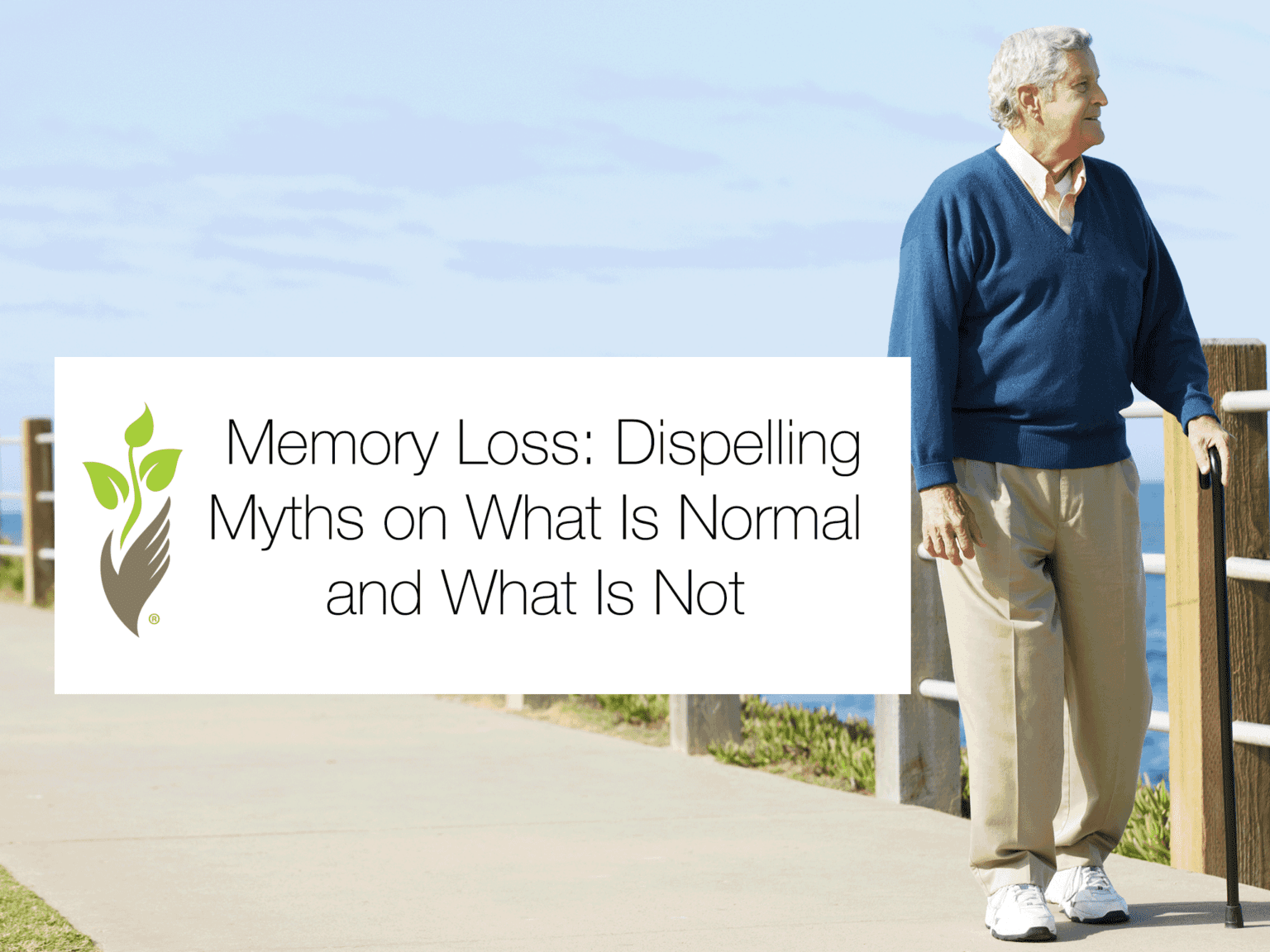Memory Loss: Dispelling Myths on What Is Normal and What Is Not
Published November 14, 2014 by Leta Myers, RN in Alzheimer's /Dementia, Senior Health & Wellness

November 14 is a day to remember, if only because it’s Memory Loss Awareness Day.
But why celebrate the fact that it’s getting easier to forget things everyday? As we age it’s easy to focus on the negative attitudes about memory loss, as we struggle to remember some acquaintances name or to find a word on the tip of our tongue.
We all admire Pat Summitt, Lady Vols basketball coach, who courageously went public with her memory loss issues and diagnosis of Alzheimer’s but it is only human to secretly feel horrified at the thought of living with that diagnosis.
Our fears compound with every misplaced keys episode, or as we scan the mall parking lot with no real clue as to where we are parked
Have no fear for Memory Loss Awareness Day is all about dispelling myths about what is normal, and what might need checking into. The latest research out there has positive things to share with baby boomers and their elderly parents.
In the late 80s early 90s when researchers gloomily pronounced progressive, cognitive decline was inevitable in seniors, it was easy to store this information away without personal application, but as we find our own selves and more so our loved ones showing more forgetfulness, we want a more concrete way of checking out what’s really causing those memory fogs.
Early diagnosis of even a Mild Cognitive Impairment is essential as medical advances have shown early treatment to be very beneficial. It is most encouraging to look at more recent research which shows some of the flaws in initial Alzheimer research. One variable found in later studies to even out the scores of the elderly and the young adult participants was the time of day the study was administered. The variable of circadian rhythm showed that when the studies were done early in the morning the elderly scored much higher while the young adults were not at their peak. The reverse was seen with testing done in the afternoon and evening hours. Earlier studies had been done in the later afternoon to evening hours, therefore falsely showing cognitive decline in the elderly group.
Brain health is much more than age and there are some simple things you can do to promote good memory and protect against future memory loss.
- Control risk factors such as diabetes, high blood pressure, obesity, and heart disease
- Eat healthy foods, take a daily vitamin, include omega 3s
- No Smoking – this causes blood vessels to constrict further reducing blood and oxygen to the brain
- Be active. If its good for your heart, its good for your brain!
- Make sure you get enough rest
- Keep a healthy attitude – laugh a lot
- Volunteer
- Keep mentally active, take a college class –many universities do not charge tuition to seniors who audit classes
- Brain games and mental exercises are stimulating to the neurons
National Memory Screening Day is held each November in cities all over the country. For more information, contact a Preferred Care at Home location near you.
Be sure to look out for more articles, caregiving tips, and highlights of important information on memory loss prevention, Alzheimer’s, and dementia.
If you have questions about senior home
care services or if you want to start care:
Related Posts

January 27, 2025
Is There a Food Allowance Card for Seniors?
Jody Guerrieri, RN.

January 27, 2025
What Causes Glassy Eyes in the Elderly?
Jody Guerrieri, RN.

January 27, 2025
What Age Is Considered a Senior Citizen?
Jody Guerrieri, RN.
Helping seniors age in place, with dignity & grace.